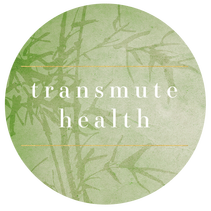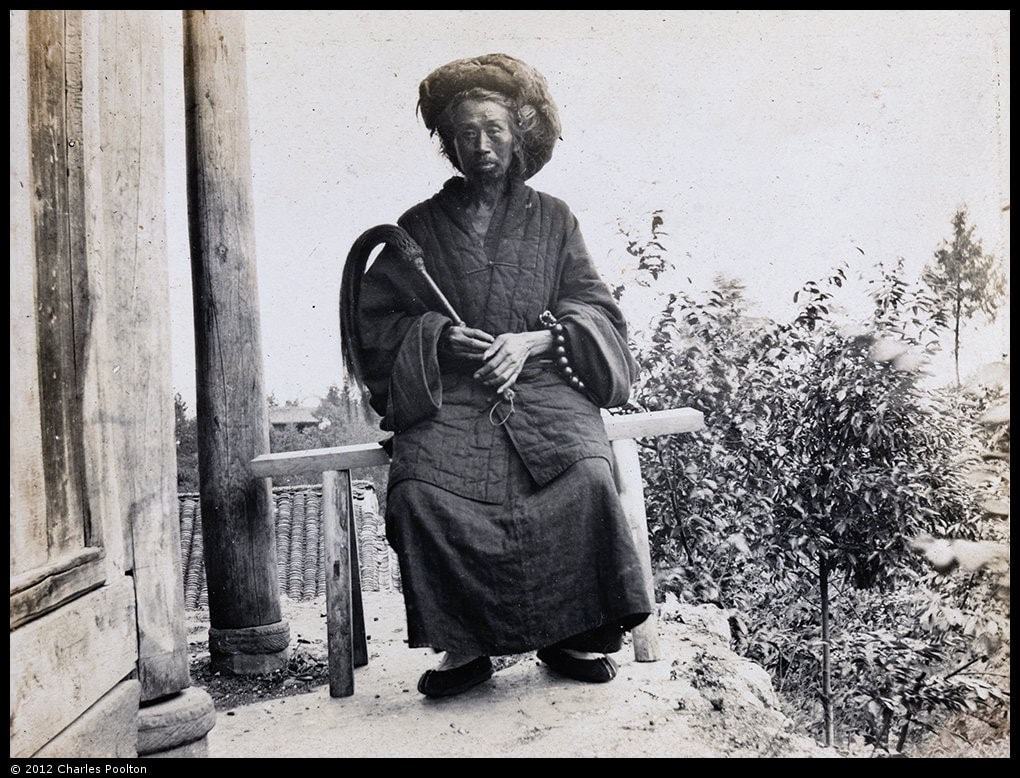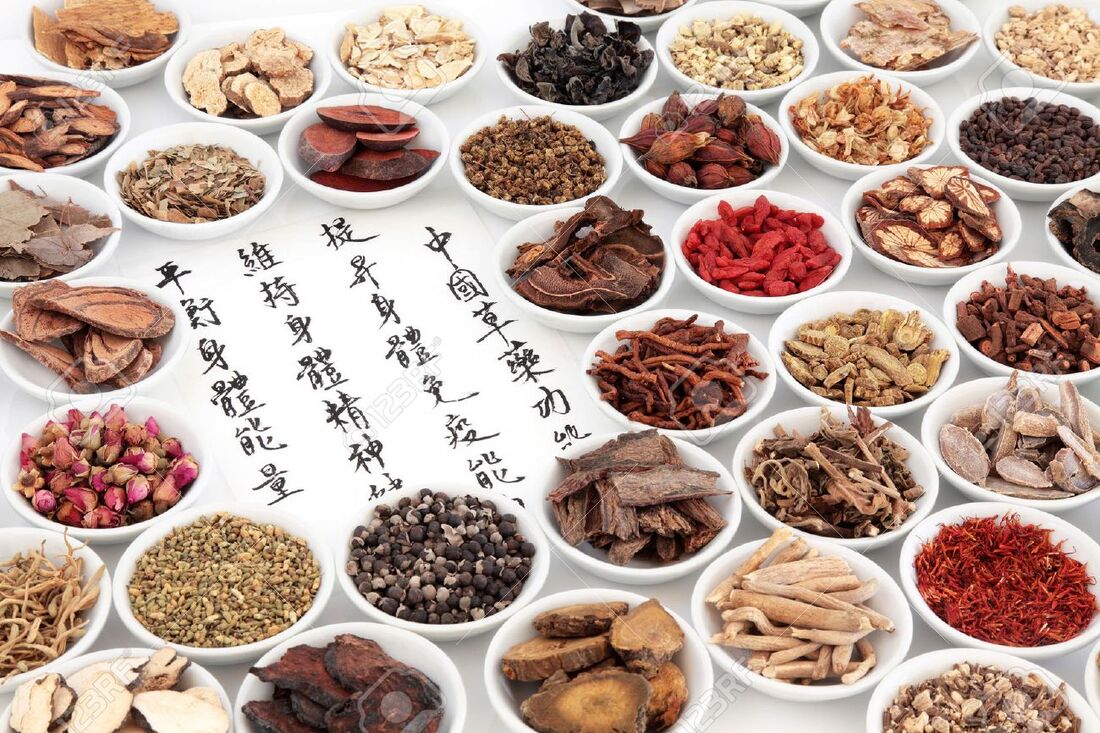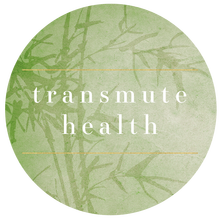|
On my recent retreat, as well doing a huge amount of Qigong practice, I took along some Taoist texts that I wanted to revisit. Taoism is many things. On the one hand, it is the native religion of China, with all the rituals, temples, and history that suggests, but on the other hand (and these are the aspects that interest me the most) it contains various esoteric systems which address health, martial arts, self-development, meditation, diet, spiritual advancement, astronomy, fortune-telling, etc.
The through-line that connects all the above-mentioned facets is the understanding and application of The Way (Tao). It’s incredibly difficult to elucidate to the layperson, but The Way essentially means finding the Natural order in any situation and following it, whether that means choosing a job that suits your nature, navigating relationships, healing illness and injury, working in political strategy, or pursuing the heights of human possibility through the spiritual arts. The two texts I was focused on were the Wen Tzu, and Opening the Dragon Gate. The Wen Tzu is a sort of “sequel” to the Tao Teh Ching, reportedly transcribing the further teachings of that book’s author Lao Tzu (the most notable Taoist patriarch and ancestor). It was most likely assembled by his students and adherents around 2000 years ago, and contains wisdom and advice both esoteric and broadly applicable. My favourite line currently is “Look for fragrance while carrying something foul, and you won't succeed no matter how clever you are”. This is a great reminder that we may have a tendency to self-sabotage, by not subordinating our lesser inclinations to our higher goals. Opening The Dragon Gate is a true story (though I could imagine scientific types disputing many of the remarkable happenings in it’s pages) about a young man, Wang Liping, who is chosen as the next successor of the Complete Reality school of Taoism. Starting in China’s turbulent 60’s, he is trained by three elderly but remarkable men in various esoteric arts, as a way of both developing his persona and skills to the highest level possible, and of transmitting this precious but arcane knowledge on to the next generation. Scattered in between some mind-bending philosophy and history are descriptions of skills and feats befitting a superhero movie or fantasy epic. It’s niche, but it’s exactly my niche J The connection to this blog, and thus my website and business, is that Taoism is at the root and heart of Chinese Medicine. Though Mao tried to separate the two, he ended up with much reduced versions of both. Happily, there are now many Masters looking to rejoin Taoism and Chinese Medicine to enhance health outcomes for the current generation.
0 Comments
We’re all talking and thinking about Covid-19. It’s affecting many aspects of our lives, and provoking a lot of changes from the level of worldwide travel restrictions and national government plans, down to personal choices about socialising and grocery shopping. I suspect one of the reasons why it seems so confronting is that the virus is infecting people just like us. Most large-scale disasters occur elsewhere, and tend to provoke sympathy, but rarely the fear that we might be directly affected. So when we see ordinary Australians who haven’t done anything to provoke this sudden illness being struck down, we feel powerless and vulnerable. This isn’t helped by there being very little recognised treatment available for the disease, and no vaccine predicted for at least 12 months.
One of the under-reported aspects of treatment of Covid-19 in China is their National Health Commission’s advice that traditional Chinese Herbal Medicine be used in conjunction with Western healthcare methods. There are many reports among my peers in China, and those in contact with them, of successful treatment and resolution of the virus using herbal medicine. These methods were also used, and found to be helpful, during the SARS epidemic of 2003, and the government resolved to implement their knowledge when the next epidemic occurred. Inevitably, there have been critics (usually Anglo-centric) arguing that Chinese Medicines are potentially unsafe, untested, and of varying quality. This ignores the vast history of using these substances in China, and all throughout Asia, for thousands of years. When Europeans were nailing plague victims inside their houses to die, Chinese herbal medicine was being used, studied, tested and researched, and that knowledge has been deepened and added to over the centuries. This is knowledge that can be used now, to effect positive outcomes, for suffering people. All of which leads to the question: how can your immunity benefit from Chinese Medicine? Well, there are multiple herbal formulations which are used to boost the immune system and protect against disease. The catch (there’s always a catch) is that due to our medicine’s insistence on the uniqueness of the individual, not all medications are suitable for all people, and some can even be harmful if wrongly prescribed. So, make an appointment to see your local Chinese Medicine practitioner for treatment, advice and prescriptions which will ensure you and those close to you have the best chance of staying healthy (and less stressed) during these trying times. In terms of self-care, there is plenty you can do. A strong immune system needs healthy habits to be maintained. So all those lifestyle and wellness tips we tend to ignore now become much more important:
|
AuthorSimon Murray Archives
March 2020
Categories |



 RSS Feed
RSS Feed
